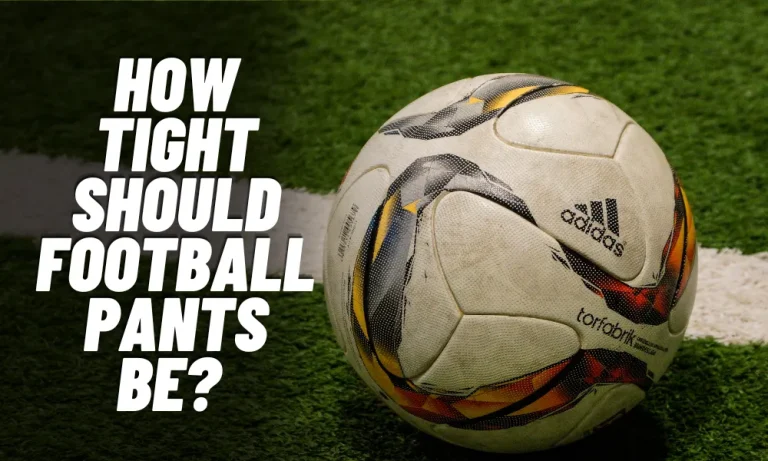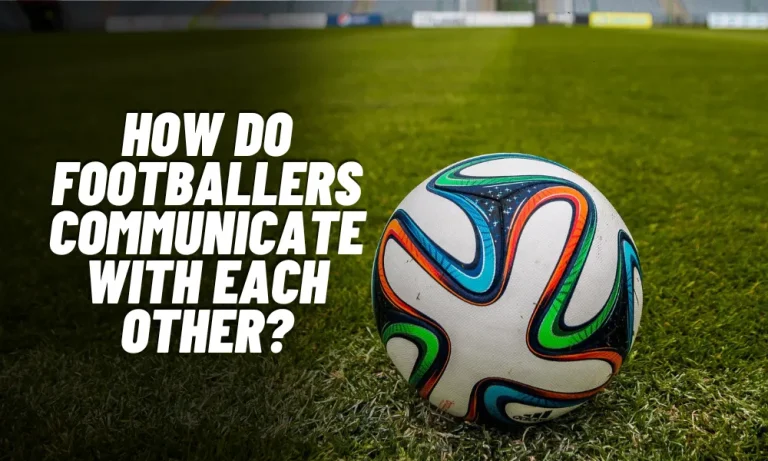Can Football Players Reject Transfers?
Hey there, football fans! Have you ever wondered if football players have the power to say “no” to a transfer? In the fast-paced world of football, where players move between clubs regularly, understanding the rules and implications of transfers is key. Let’s dive into the world of football transfers and explore whether players can reject transfer offers.
What Are Transfer Requests in Football?
In football, transfer requests are formal appeals made by players to move to another club. These requests are typically submitted when a player desires a change in scenery or seeks better opportunities. They serve as a player’s way of expressing their intentions to leave their current club.
Transfer requests involve a player informing their club’s management of their desire to transfer. This initiates a process where clubs may negotiate transfer fees and terms. While not always guaranteed, transfer requests can sometimes lead to successful transfers if the player’s current club agrees to the terms and receives a suitable offer from another club.
Are Football Players Obligated to Accept Transfers?
Football players are not always obligated to accept transfers. While contracts may outline transfer clauses, players have some control over their destinies. Legal implications vary, but players can negotiate or reject transfers based on personal and professional considerations.
Players’ autonomy in transfer decisions can depend on factors like contract terms, club policies, and player-agent dynamics. While clubs may have the authority to initiate transfers, players have the right to voice their preferences. Successfully rejecting transfers can lead to players staying with their current clubs or exploring other opportunities that align with their career goals.
What Happens When a Football Player Rejects a Transfer?
When a football player rejects a transfer, the situation can vary based on contractual agreements and club responses. While players have the right to refuse transfers, repercussions like decreased playing time or strained relationships with the club can occur.
Clubs may seek alternative solutions if a player declines a transfer, such as renegotiating terms, offering incentives to persuade the player, or considering transfer requests at a later stage. Players need to communicate effectively with their clubs to navigate rejection scenarios professionally and amicably.
Can Clubs Force Players to Transfer Against Their Will?
Clubs cannot force players to transfer against their will. While clubs may have the authority to initiate transfer processes, players ultimately have the right to accept or reject transfer offers based on their preferences and contractual agreements.
Attempting to coerce a player into transferring against their will can lead to legal disputes, damaged relationships, and negative publicity for the club. Players’ consent is crucial in the transfer process, and clubs must respect players’ decisions while working towards mutually beneficial outcomes. Effective communication and negotiation are key in handling transfer situations respectfully and professionally.
How Do Players Negotiate Transfers?
Players negotiate transfers by discussing terms like transfer fees, contract length, and personal preferences with clubs. Effective communication, agent involvement, and understanding of contractual obligations are key in navigating transfer negotiations successfully.
During negotiations, players can express their desires, evaluate offers, and reach agreements that align with their career goals. Clubs may also present counteroffers or adjustments to meet both parties’ needs. Transparency and clarity in negotiations help ensure a fair and satisfactory transfer process for all involved.
FAQ’S
1. Can a football player refuse a transfer if they have a contract with a club?
Yes, players can reject transfers based on contractual agreements and personal preferences.
2. What options do players have if they do not want to move to a new club?
Players can negotiate with their current club, seek legal advice, or explore alternative solutions to avoid transfers.
3. Are there consequences for players who reject transfer offers?
Players may face reduced playing time, strained relationships with the club, or potential legal implications depending on the situation.
4. Can clubs force players to transfer against their will?
No, clubs cannot compel players to transfer if the player does not consent to the move.
5. How can players navigate transfer negotiations effectively?
By communicating, involving support agents, and understanding contractual obligations to reach mutually beneficial agreements.
Conclusion
And there you have it, folks! We’ve delved into the intricate world of football transfers and explored whether players hold the autonomy to reject transfer offers. While contractual obligations and club authority play a significant role, players do have a say in their future destinations. What are your thoughts on this topic? Feel free to share your opinions and join the conversation on player transfers in football. Let’s continue to unravel the mysteries of the beautiful game together!


